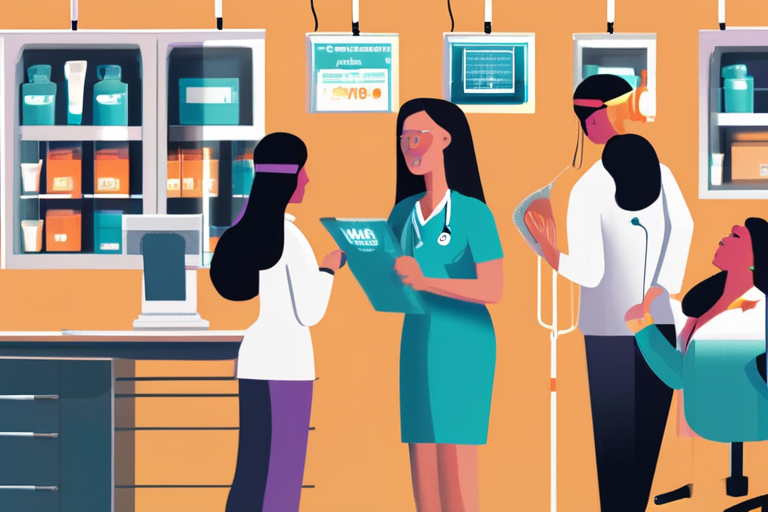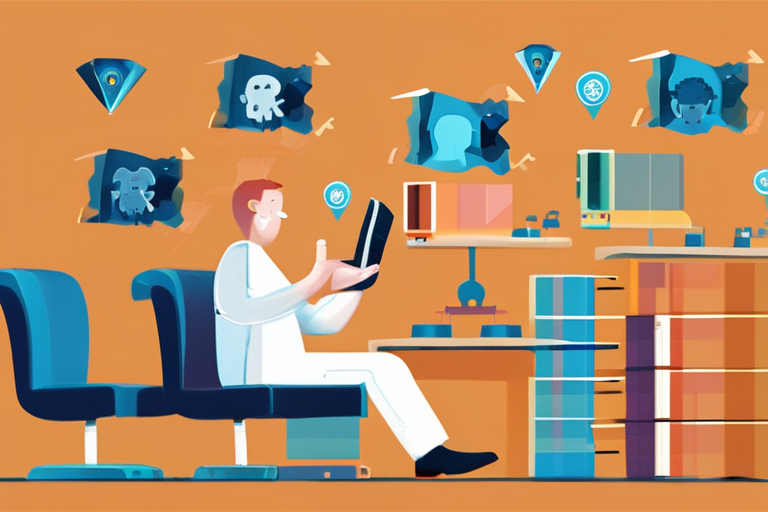Women Are Breaking the Mold: ADHD Diagnoses Soar Among Adult Women


Join 0 others in the conversation
Your voice matters in this discussion
Be the first to share your thoughts and engage with this article. Your perspective matters!
Discover articles from our community

 Hoppi
Hoppi

 Hoppi
Hoppi

 Hoppi
Hoppi

 Hoppi
Hoppi

 Hoppi
Hoppi

 Hoppi
Hoppi

The Wrong Prescription: Why Young Kids with ADHD Are Getting the Treatment They Don't Need As a parent, there's nothing …

Hoppi

Autism on the Rise: What the Science Says A growing number of children are being diagnosed with autism spectrum disorder …

Hoppi

Women's Healthcare: A Call to Action for Faster Innovation The healthcare industry is facing a pressing issue: the agonizing wait …

Hoppi

Harvard Study Finds Prenatal Tylenol Use Linked to Higher Autism Risk in Children A recent study from Harvard scientists has …

Hoppi

Autism on the Rise: What the Science Says A recent surge in autism diagnoses has sparked concerns about the condition's …

Hoppi

Breaking News: Pregnant Women Warned Against Stopping Tylenol Use Amid Autism Concerns On September 22, US President Donald Trump sparked …

Hoppi